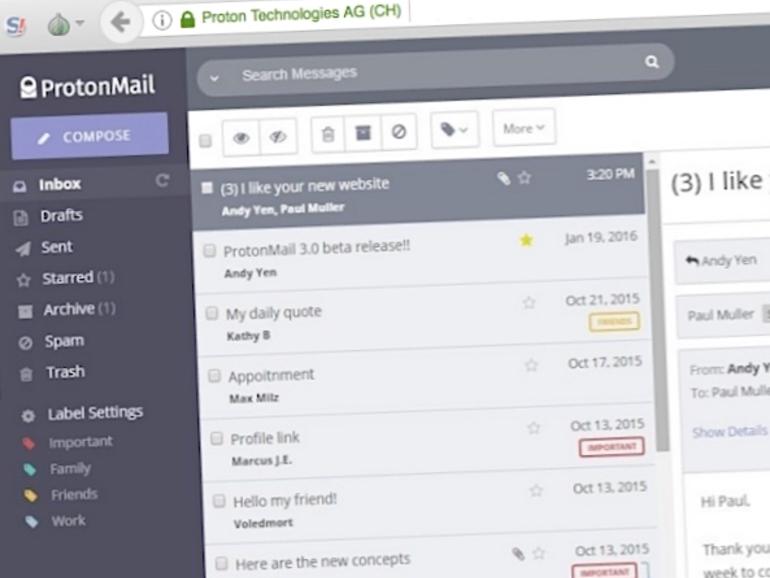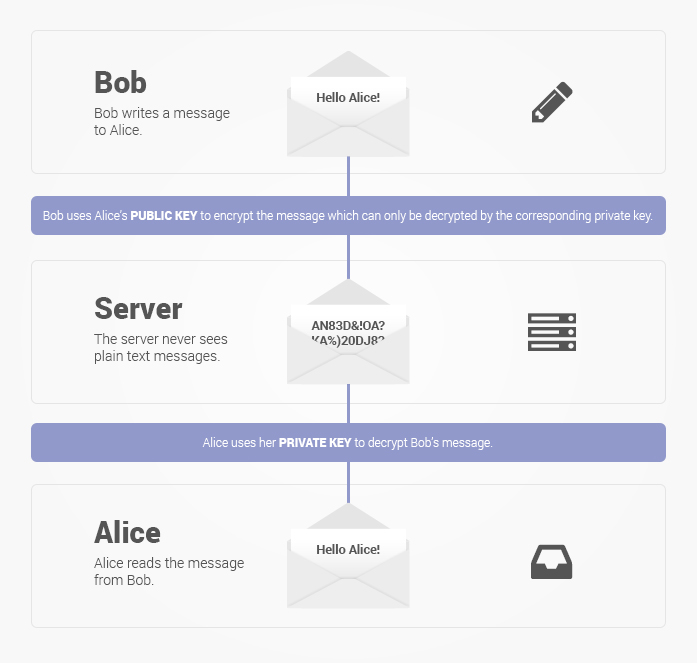

So, again, the claim is zero logging but you still need to make a judgement call on whether to trust that. Proton does also offer a free VPN - which, as we’ve said before, can be a red flag for data logging risk - but the company specifies that users of the paid version subsidize free users. It’s not the same technical ‘zero access’ guarantee as it can offer for its e2e encrypted email. Nonetheless, you do still have to trust Proton not to do that (or be forced to do that by, for e.g., law enforcement).

And given its wider privacy-dependent reputation that’s at least a more credible claim vs the average VPN service. Proton claims it doesn’t track or record its VPN users’ web browsing. Proton is an alternative to the surveillance capitalism model advanced by Silicon Valley’s tech giants, that allows us to put the needs of users and society first.” In the process, Proton has gone from a crowdfunded idea of a better Internet, to being at the forefront of the global privacy wave. Privacy has gone from being an afterthought, to the main focus of a lot of discussions about the future of the Internet. (It declined to break out email users vs other products when we asked.)Ĭommenting in a statement, Andy Yen, founder and CEO, said: “The conversation about privacy has shifted surprisingly quickly in the past seven years. It’s a notable milestone for a services provider that intentionally does not have a data business - opting instead for a privacy pledge based on zero access architecture that means it has no way to decrypt the contents of ProtonMail users’ emails.Īlthough, to be clear, the 50M+ figure applies to total users of all its products (which includes a VPN offering), not just users of its e2e encrypted email.

End-to-end encrypted email provider ProtonMail has officially confirmed it’s passed 50 million users globally as it turns seven years old.


 0 kommentar(er)
0 kommentar(er)
